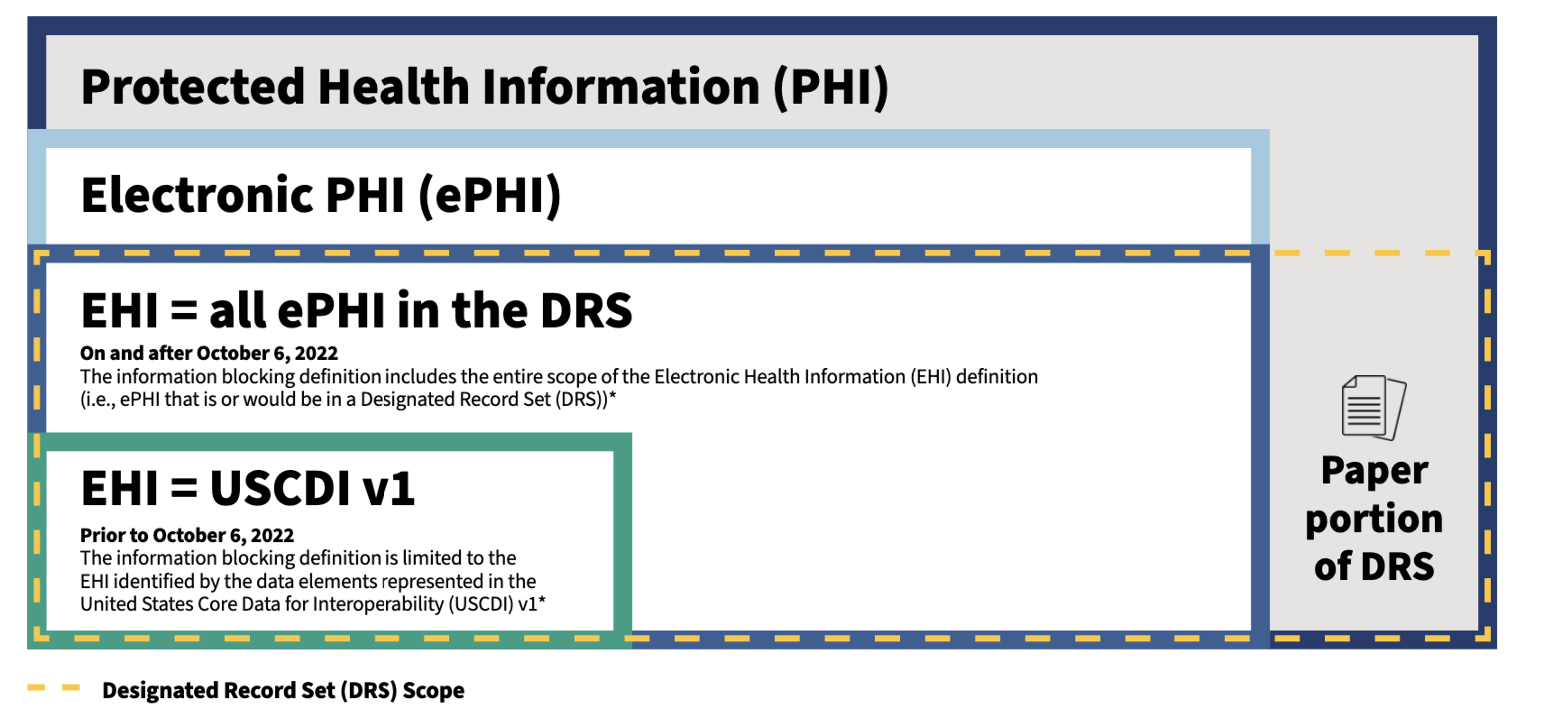Skip Level Meetings & Leadership

It is my conviction that skip level meetings tell you a lot about the overall health and leadership of an organization. What do I mean by that? Allow me to explain. But first, let’s define our terms. A “skip level meeting”, according to one management website, is a “one-on-one meetings that managers hold with staff other than the people they manage directly.” Usually it refers to meeting with people who report up into the folks that report to you. Most managers hold regularly scheduled one-on-one meetings with their direct reports. Skip level meetings are, generally, scheduled one-on-one meetings with individuals further down the hierarchy.
Now, what do I mean when I say that they will tell you a lot about an organization’s health and well being? What I mean is that they are clues. They are vital signs. They give you information you might not otherwise know. Skip level meetings give you a lens into the leadership culture of a company. They can indicate if things are running well. They can also be a sign that things are being run poorly, depending on how they are being done.
Do You Do Them?
First, it is my conviction that a strong leadership culture will encourage skip level meetings for ALL leaders. If the people that report to you, have people that report to them, then you should occasionally (and regularly) be meeting with those people to hear about their work, job satisfaction, perspectives, challenges and ideas. If your bosses boss has never met with you in such a fashion, chances are they are a poor leader, or at least very inexperienced. I have worked in a number of companies where leaders never take the time to check in with staff or employees, except for those who report to them.
This failure to hold skip level meetings suggests, at least to the staff, that this more senior leader is unconcerned about them and their job. Sure, we all know they are busy. But 15 minutes invested into a staff member’s day would likely mean so much to the employee, that the return far outweighs the cost. Leaders who do not do this may, in fact, have their head in the sand…or maybe in the clouds. But either way they are not investing their time into the most important asset of any company: their people.
Do You Do Them Well?
But second, there is a flip side to skip level meetings that is not often talked about. There is a type of skip level meeting that is VERY unhealthy, disruptive, and destructive. This is when the more senior manager meets with the front line staff AS IF they reported directly to them, assigning them work, tasks, and projects, without any reference to the staff member’s actual manager. In this case the skip level meeting is really undermining the authority of the immediate manager, and at the very least communicates a lack of trust.
This more insidious and corrosive type of skip level meeting is a classic habit of the narcissistic manager who hungers for control, dominion, and absolute personal allegiance from every person in the company. The narcissist leader believes that everything revolves around them, and that everyone really reports directly to them. The idea of a hierarchy does not really register with this leader. All staff are their staff. And ultimately this leads to high levels of turnover from his or her direct reports.
So, as mentioned at the top, skip level meetings will tell you a lot about a company. Where they are absent, you generally have a poor leadership culture. And where they happen…but are done poorly and in a manner that subverts the position of middle managers, you also have an unhealthy organization.
The above information can be used by organizations to test their own company. Ask some of your senior leaders, like those in the c-suite, if they are having occasional check-in meetings with the people who report to their direct reports. If not, ask them why.
Questions to Ask Senior Leaders:
Do you meet with those who report to your directs?
How often do you meet with them?
How many have you met with this year?
What questions are you asking them?
What are you doing with the answers you get from these meetings?
Questions to Ask Middle Managers:
Does your boss ever set up meetings to talk to your staff?
When is the last time they did so?
If so, do you know the content of those meetings?
Is work or tasks usually assigned to your staff at those meetings?
Are these meetings helpful to the overall culture of our company?
Conclusion
This post is really about leadership, and the way that good leadership approaches and uses the tool of skip level meetings. Done well, and done right, they are vital signs of organizational health. But when they are not done, or done poorly, they are warning signs of disaster.
Resources
Here are a few more articles on the topic of skip level meetings you may find helpful:
Skip Level Meetings: A Powerful Leadership Tool
Why Senior Managers Should Hold Skip-Level Meetings
Photo by Jason Goodman on Unsplash
For more on leadership, check out How is your Leadership Follow Through?
Post Views: 833
Last modified: May 20, 2023


